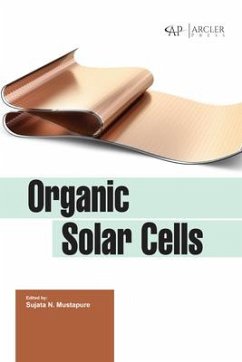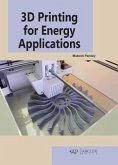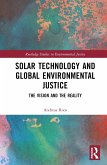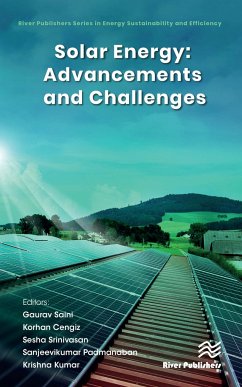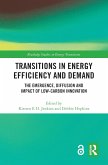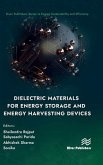The solar energy industry is greatly subsidized for several years but the costs of inorganic/silicon solar cell power plants or panels are still not economical. A method for reducing the manufacturing costs of solar cells is to utilize organic materials that could be processed under low-demanding situations. Organic solar cells have numerous intrinsic advantages, like their flexibility, low material, lightweight, low manufacturing costs, low toxicity, and minimal environmental impact. In the past few years, organic photovoltaics (OPV) has received immense attention owing to their exceptional features, such as low-temperature synthesis, light, and cheap materials, solution processability, and tunable electronic properties. Apart from environmental and economic benefits, most of the organic solar cells (SCs) exhibit higher efficiencies which are comparable with the efficiencies of silicon solar cells. They have exhibited conversion efficiencies of more than 13% to date. This book encompasses the fundamentals of organic solar photovoltaics. The detailed content of the book addresses the photovoltaic energy conversion limits and provides a well-explained overview of molecular electronics, which focuses on the working principle, manufacturing, and characterization of polymeric solar cells. Different chapters of the book focus on the electrochemical processes taking place in organic solar cells by offering a detailed explanation of the exciton separation, charge-carrier transport, and electricity generation. The book also focuses on the experimental methodologies for getting a thorough understanding of the key photovoltaic processes in different types of polymeric solar cells. The primary focus of this book is to provide a comprehensive analysis of the fundamental features of organic solar cells.
Hinweis: Dieser Artikel kann nur an eine deutsche Lieferadresse ausgeliefert werden.
Hinweis: Dieser Artikel kann nur an eine deutsche Lieferadresse ausgeliefert werden.

